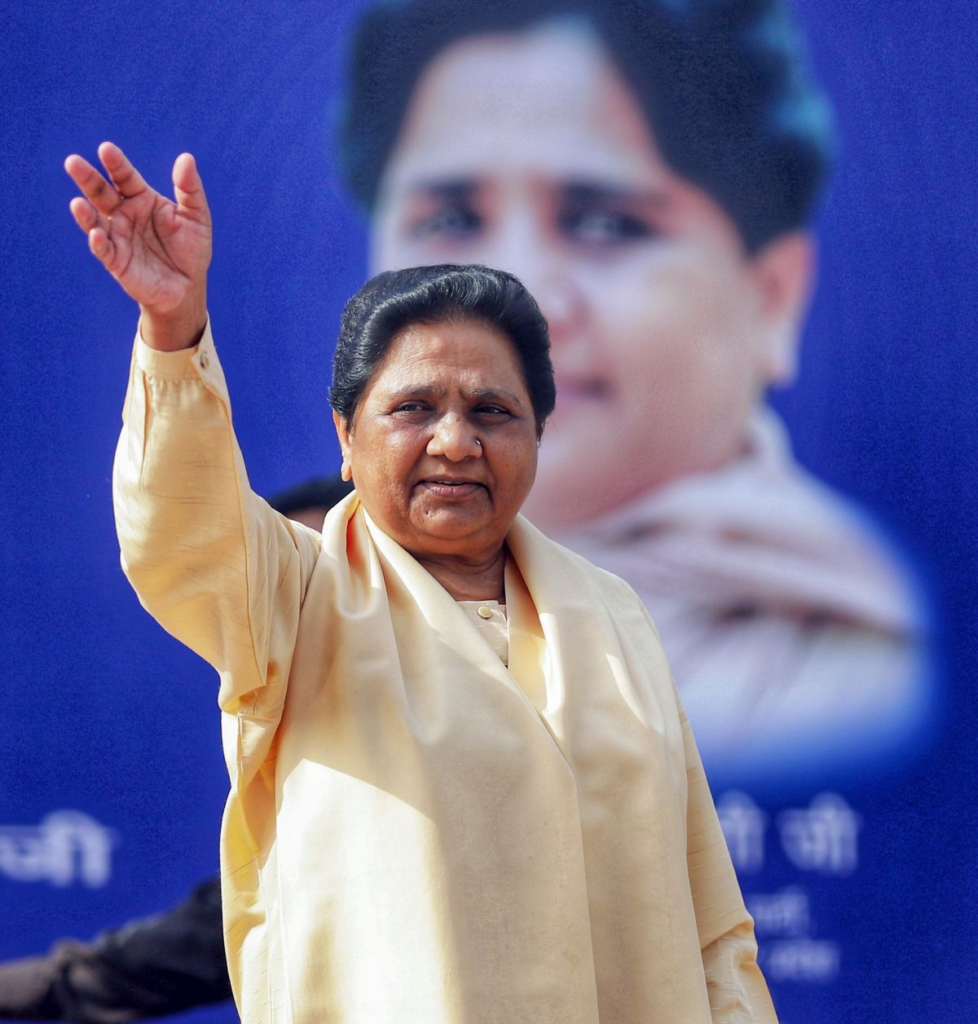Mayawati’s Bharat Bandh: A Game-Changer for SC-ST Reservations?
The Supreme Court has ignited a political firestorm with its decision to empower states to create sub-categories within Scheduled Castes (SC) and Scheduled Tribes (ST) reservations and to enforce a creamy layer criterion on SC-ST reservations. This decision, which has far-reaching implications, prompted Dalit organizations to call for a nationwide Bharat Bandh on August 21, which BSP chief Mayawati resoundingly supported.
Mayawati’s political successor, BSP National Coordinator Akash Anand, has declared that BSP flags will be prominent during the Bharat Bandh. He claimed that the SC and ST communities are furious about the Supreme Court’s decision, which he and the BSP view as an attack on their freedoms. Anand urged BSP supporters to participate in the Bharat Bandh across the country, stressing that it would be a peaceful protest, and promised that BSP workers would submit memorandums to local officials.
This call for a nationwide shutdown has heightened political tension and brought the BSP’s strategic understanding to the forefront. The party is committed to reinvigorating its base and reclaiming its lost ground. It is reframing the Supreme Court’s ruling not as a legal adjustment but as a conspiracy against reservations, a strategy that underscores the party’s determination and resilience.
The BSP’s decision to rally against the reservation changes marks a significant shift. It’s been around 35 years since the party led a major protest, with their last notable movement occurring in 1989 when Kanshi Ram spearheaded a demonstration demanding the implementation of the Mandal Commission recommendations. Since then, significant protests by the BSP have been rare, with only occasional demonstrations like those in 1996 and just before the 2017 elections over various issues.
Mayawati’s recent support for the Samajwadi Party (SP) in key by-elections and her party’s success in the April 2 Bharat Bandh against the alleged dilution of the SC/ST Act have rejuvenated BSP’s fortunes. This renewed vigor has given her party a fresh chance to make a comeback in Uttar Pradesh, a state where BSP had suffered significant setbacks in recent years.
Mayawati has now taken a combative stance, warning that all cases against Dalits will be withdrawn if her party comes to power. This statement has stirred controversy, especially as she compared the current situation to the Emergency era, suggesting that today’s environment is even more oppressive. The BJP has hit back, reminding voters of the 1995 Guest House incident, in which SP supporters attacked BSP legislators.
Despite the tumultuous history between BSP and SP, including the infamous 1995 Guest House attack, recent developments indicate a potential thaw in their relationship. Akhilesh Yadav of SP has shown interest in rekindling ties with BSP, and RJD’s Lalu Prasad Yadav has endorsed a BSP-SP alliance as a formidable force against the BJP.
With Mayawati leveraging the SC-ST reservation issue to mobilize her base and challenge the BJP, the political landscape in Uttar Pradesh is on the brink of a significant shift. The BSP’s aggressive stance and strategic alliances signal a renewed and potentially volatile phase in the state’s politics, creating a sense of anticipation and uncertainty.

